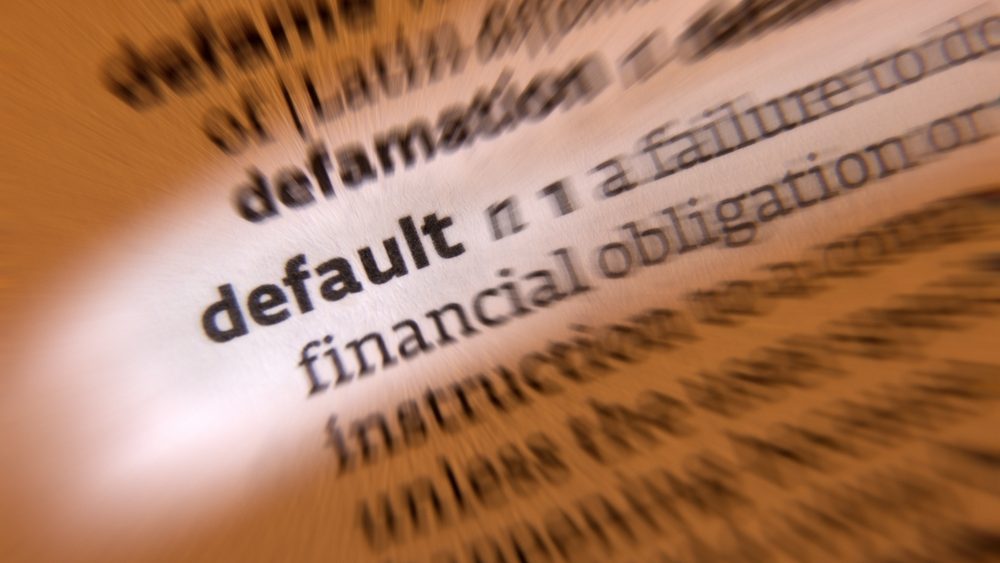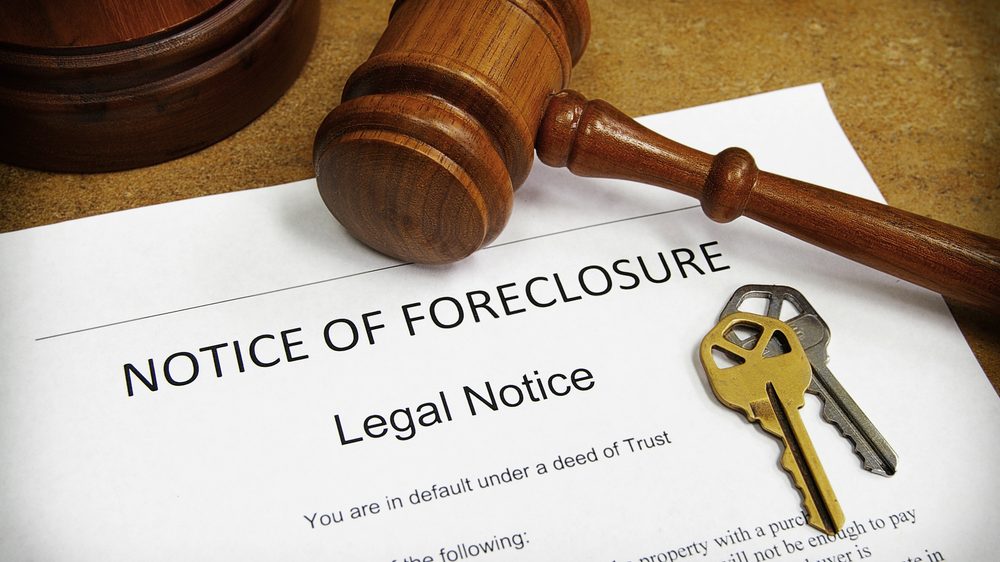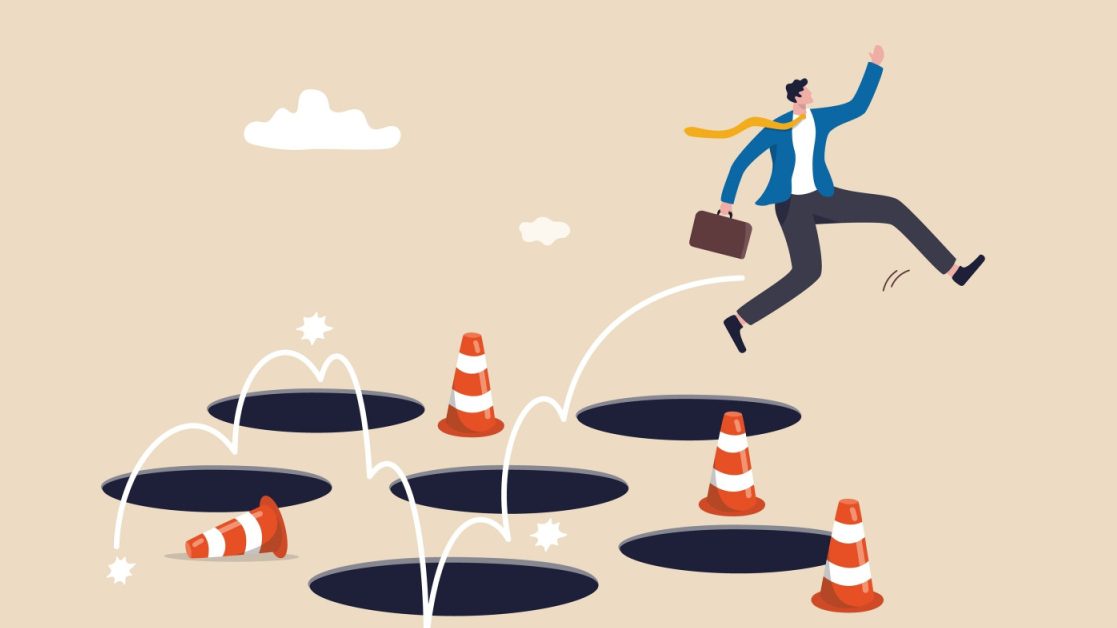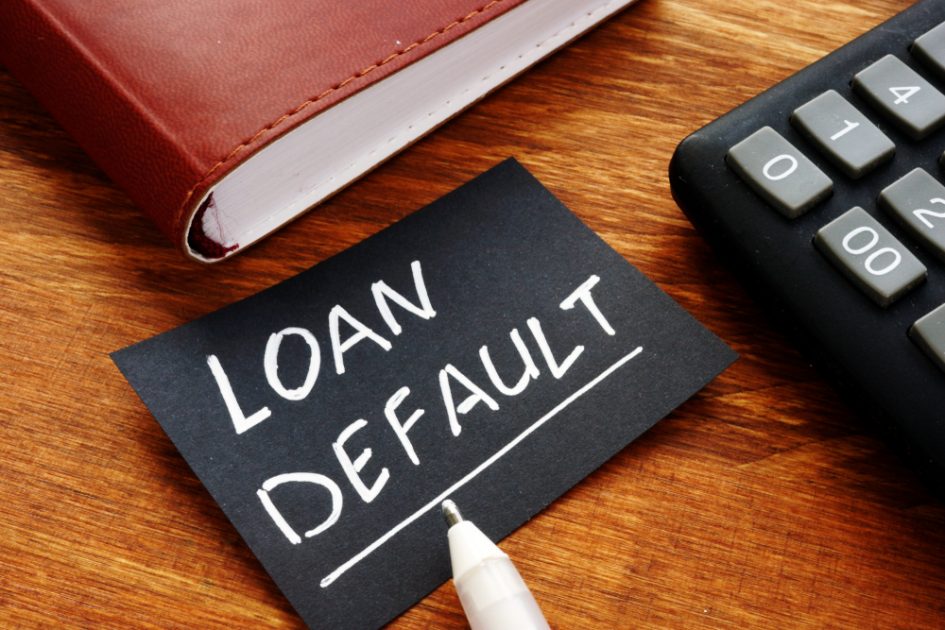Are you in danger of defaulting on your loan? Defaulting on a loan can have serious consequences, and it’s essential to understand the risks involved before taking out credit or signing any documents.
In this blog post, we’ll explain what it means to default on a loan, why it is so dangerous, and steps to avoid falling into this situation. By understanding the implications of defaulting and how best to protect yourself ahead of time, you can ensure that your finances remain secure.
What Is A Loan Default?

A loan default is when you fail to make the required payments on your loan. This can happen for several reasons, including a lack of funds, job loss, illness, or simply forgetting to make a payment.
When you default on a loan, the lender will record and report it to credit bureaus like Equifax and TransUnion. This can have a significant negative impact on your life and should be avoided at all costs.
Why Is It Bad to Default on a Loan?

Defaulting on a loan can have many consequences.
It Hurts Your Credit Score and Credit Report
The most direct effect of loan default is that it will show up on your credit report and lower your credit score. Lower credit scores can result in higher interest rates on loans or even disqualification from getting certain kinds of loans.
You Will Incur Late Fees And Penalties
Defaulting on your loan can result in late fees and penalties, which can add up over time. This means that on top of the negative impacts on your credit report, you will also need to pay more back than you were planning for.
You Could Face Legal Consequences
If your loan is secured, such as through a mortgage or car loan, the lender may take legal action to collect the money owed. This could include having a lien placed on your property or even having it repossessed.
It Will Make It Harder to Get Another Loan
Finally, defaulting on a loan can make it much harder for you to get another loan in the future. This is because lenders will see that you have previously defaulted and may question whether or not you are reliable enough to pay back their loan.
It Will Impact Other Parts Of Your Life
Defaulting on a loan can also have less direct, but still very real, effects. It may make it more difficult for you to rent an apartment or get insurance. It may even keep employers from hiring you if they do a credit check during the interview process.
How to Avoid Defaulting on a Loan

There are several ways you can avoid defaulting on a loan:
Understand your loan agreement
Whether it’s a student loan, auto loan, or credit card, make sure you understand all the terms and conditions of your loan agreement before signing on the dotted line. This includes knowing when payments are due, how much is owed, and what happens if you can’t make a payment.
Stick to a budget
Creating and sticking to a budget will help you make sure that there are always enough funds in your account to cover your loan payments. Monitor your expenses so you can set aside enough money each month for the loan.
Create an emergency fund
An emergency fund can give you peace of mind knowing that you have a safety net if something unexpected arises. This will help ensure that if you experience an unexpected job loss or illness, your loan payments won’t suffer as a result.
Keep track of due dates and payment amounts
Remembering the details of your loan is essential. Create reminders for yourself, so you don’t forget when payments are due. If you know that you will need to miss a payment, reach out to the lender ahead of time to work out an alternate payment plan.
Don’t borrow more than you can afford
Finally, be sure to only take out loans you can afford. Taking too much on could lead to a situation where you don’t have enough money to keep up with the payments and end up defaulting.
Look Into Debt Consolidation
If you find yourself in a situation where you have multiple loans and can’t keep up with the payments, debt consolidation may be an option. This involves combining all of your debts into one more manageable loan. There are several lenders who can help with this type of personal loan, including us here at SkyCap Financial.
Seek Professional Help
If you find yourself in a situation where you are unable to make loan payments, don’t hesitate to seek professional help. Talking to someone who can provide advice and assistance can be invaluable during times like these.
Common Questions About The Danger Of Defaulting On A Loan

How can I avoid defaulting on a loan?
There are a few things you can do to avoid defaulting on a loan.
First, make sure you understand the terms of your loan and what is expected of you.
Second, make your payments on time and in full. Even missing one loan payment can have a negative effect. If you are having trouble making payments, contact your lender as soon as possible to discuss your options.
Finally, stay current on all your other debts so that you can focus on repaying your loan.
What Types Of Loans Can Go Into Default?
Any type of loan can go into default, including secured loans (home loans, auto loans, etc.) and unsecured debt/personal loans (federal student loans, credit card debt, etc.). Defaulting on a loan can lead to severe consequences regardless of the type of loan you have taken out.
Should I get a cosigner for my loan?
It may be a good idea to have someone cosign your loan if you have a limited credit history or are unsure that you can make the payments. However, it is important to note that both parties will be responsible for the loan and any defaulted payments.
Is Debt Consolidation Good For Your Credit Score?
Debt consolidation can help improve your credit score if you have multiple loans or debts. This is because it allows you to combine your payments into one more manageable loan. However, make sure to shop around for the best rates and terms so that you don’t end up paying more than necessary in interest. Debt consolidation is a particularly good idea if you carry high balances on your credit cards and are at risk of credit card default.
Can I renegotiate my loan?
Yes, it is possible to renegotiate your loan. However, you should contact your lender directly as soon as you realize you are having trouble making payments on your debt obligations. They may be willing to work with you on a new payment plan or lower rate. This will also help you proactively avoid a call from a debt collection agency.
What is the most common reason for loans to go into default?
The most common reason for loans to default is that the borrower cannot make the required payments. This can happen for various reasons, including job loss, illness, or other financial difficulties.
Conclusion
Failing to repay a loan has serious consequences that can jeopardize your financial future. If you’re having trouble making payments, contact your lender immediately to discuss your options. By taking proactive steps and understanding the pitfalls of defaulting on a loan, you can avoid putting your finances at risk.
If you’re struggling to find the right installment loan, we can help. Here at SkyCap, we specialize in personal loans for Canadians with any type of credit history, even those with a poor credit score. Get started today with our quick and easy loan application form.







